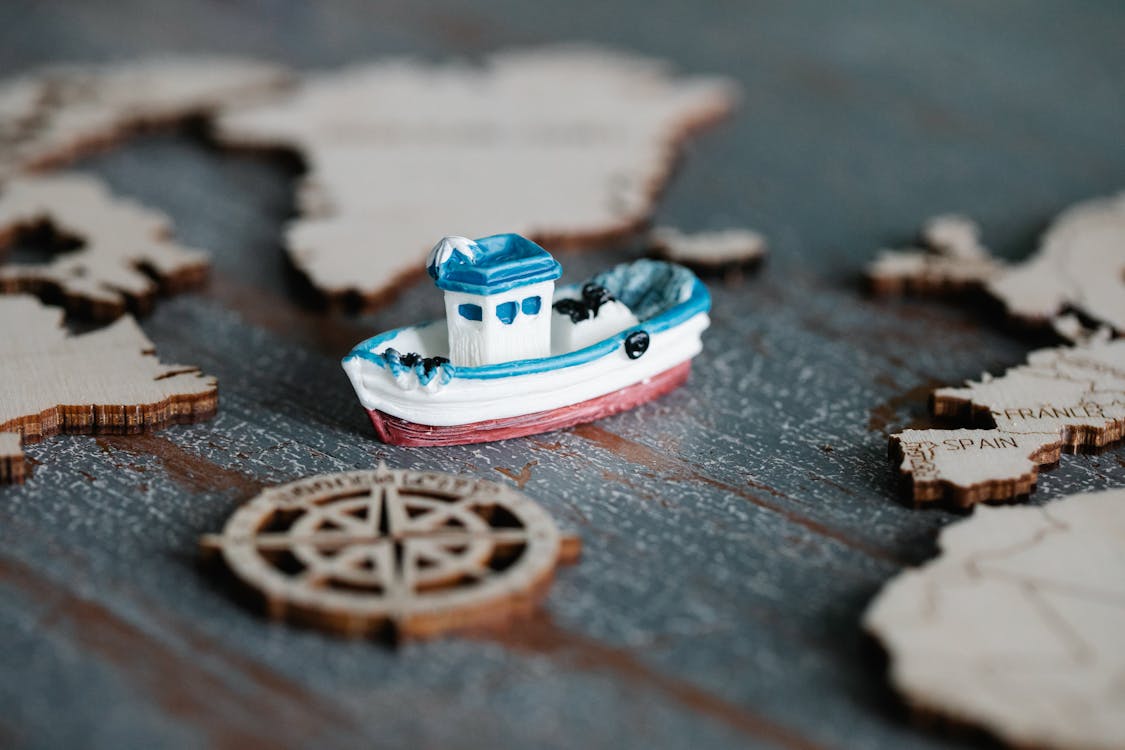IMO Regulations and Their Impact on Shipping
IMO regulations, established by the International Maritime Organization, are international standards and guidelines that govern various aspects of the shipping industry to ensure safety, security, and environmental protection when package mailing. These regulations cover areas such as ship design, construction, equipment, crew training, navigation, and pollution prevention.
The impact of IMO regulations on the shipping industry is profound. They enhance maritime safety by setting standards for ship stability, fire safety, and navigation practices. Moreover, IMO regulations play a pivotal role in minimizing the industry’s environmental footprint, demanding compliance with emission controls, ballast water management, and waste disposal. These measures align with global sustainability goals, reducing the impact of shipping on marine ecosystems and air quality.
While these regulations lead to enhanced safety and environmental stewardship, they also pose challenges for shipowners and operators who need to invest in technology upgrades and training to meet the compliance standards. Nonetheless, IMO regulations facilitate a more responsible and efficient shipping industry that balances economic growth with the protection of people and the planet.
Environmental Compliance: Navigating Emission Standards
Environmental compliance, exemplified by the IMO 2020 regulation for container ships at sea, yields a host of compelling benefits. By reducing sulfur emissions through the adoption of cleaner fuels and technologies, container ships contribute significantly to improved air quality, particularly in coastal regions and heavily trafficked maritime routes. This, in turn, mitigates health risks for both marine ecosystems and coastal communities, fostering a healthier environment overall.
Moreover, environmental compliance enhances the maritime industry’s image by showcasing its commitment to sustainability and responsible operations. By aligning with global environmental goals, container ships bolster their long-term viability and reputation, attracting environmentally conscious customers and investors. Additionally, adhering to these regulations spurs innovation, driving the development of cleaner propulsion systems and more efficient fuel consumption practices. Sustainable practices also tend to save the company money in the long run, meaning that sustainable shipping may eventually be the cheapest way to send packages. Ultimately, the benefits of environmental compliance extend beyond compliance itself, fostering a greener, more sustainable, and economically resilient shipping industry.
Customs and Trade Compliance: Avoiding Legal Pitfalls
Customs and trade compliance are pivotal for commercial container ships, ensuring smooth operations and global trade efficiency. Adhering to customs regulations guarantees that goods are accurately declared, taxed appropriately, and inspected according to international standards. This prevents delays, fines, and potential legal consequences, safeguarding the shipper’s reputation and avoiding disruptions in the supply chain.
Furthermore, compliance facilitates seamless cross-border movement, reducing bureaucratic hurdles and streamlining the clearance process. It contributes to national security by preventing illicit trade and smuggling of goods. A commitment to trade compliance enhances transparency, trust, and collaboration between governments, shippers, and other stakeholders.
In an era of complex global trade networks, customs and trade compliance for container ships is essential for economic growth, fair competition, and international cooperation. By upholding these standards, container ships contribute to stable commerce, support sustainable supply chains, and fortify the global trade ecosystem.

Photo by Lara Jameson
Safety Regulations and Maritime Accidents: Case Studies
The grounding of the MV Wakashio in July 2020 off the coast of Mauritius serves as a stark reminder of the importance of adhering to maritime safety regulations. This incident resulted in a massive oil spill, causing significant environmental damage to the pristine waters and coral reefs of the region. The accident highlighted the catastrophic consequences of not strictly following safety protocols and navigational guidelines.
Adhering to safety regulations is crucial to prevent such incidents. These regulations encompass ship maintenance, crew training, navigation procedures, and emergency response plans. Strict adherence ensures the safety of crew members, protects marine ecosystems, and maintains the integrity of vessels. The MV Wakashio disaster underscores the need for a robust safety culture within the maritime industry. The industry benefits from emphasizing the significance of continuous training, regular equipment maintenance, and vigilant adherence to established safety protocols. Doing so helps prevent accidents and safeguard both human lives and the environment.
Regulatory Compliance Software: Streamlining Documentation
Maritime regulatory compliance software plays a pivotal role in the logistics industry by automating and streamlining the complex process of adhering to maritime regulations. These software solutions, like “CargoX” for electronic bills of lading, assist shipping companies in managing documentation, safety protocols, and environmental requirements. They provide real-time monitoring of vessels, crew certifications, and cargo details, ensuring adherence to international standards set by organizations such as the International Maritime Organization (IMO).
The significance of such software lies in its ability to enhance operational efficiency, reduce human error, and minimize compliance-related risks. By centralizing data, automating reporting, and issuing alerts for impending regulatory changes, these tools help companies navigate the intricate landscape of maritime regulations seamlessly. This not only ensures the safety of crew and cargo but also prevents costly fines and delays associated with non-compliance. In an industry characterized by global operations and intricate regulations, maritime compliance software stands as a crucial pillar for efficient and responsible logistics management.
Our mission is to provide readers with expert insights, practical advice, and the latest trends in business, technology, lifestyle, and more. We aim to inspire and empower our audience with high-quality articles that are both engaging and educational.


